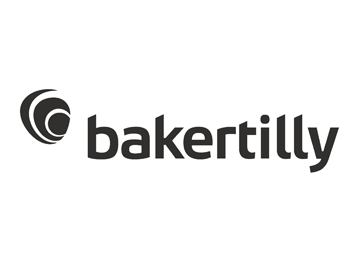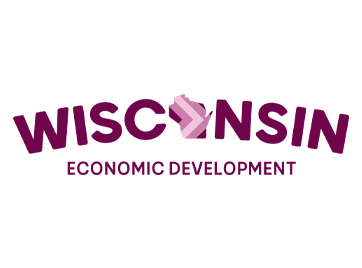Legislature Approves State Budget Bill; Sends State’s Two-Year Spending Plan to Gov. Evers
Earlier this week, the Wisconsin Legislature approved the 2023-25 state budget bill, essentially rewriting Gov. Tony Evers’ $104 billion two-year spending plan for the state. In reshaping Evers’ budget proposal, lawmakers passed a $98.7 billion two-year budget, which includes a $3.5 billion tax cut, provides a substantial funding increase for K-12 education, and increases funding for transportation projects statewide.
The budget bill sent to the Governor also includes a number of of key economic development programs and policies supported and lobbied on by WEDA. Please find below an overview of budget items that may be of interest to WEDA members and economic development professionals:
Wisconsin Economic Development Corporation:
- The budget bill includes a provision that directs WEDC to dedicate funds for statewide talent attraction efforts that are overseen by the agency. More specifically, the budget initiative would do the following:
- Require WEDC to expend at least $4 million from its existing state appropriations during the 2023-25 biennium for talent attraction and retention initiatives.
- Specify that WEDC, in consultation with the Department of Veterans Affairs, must expend at least $2 million of this funding during the biennium on efforts to attract and retain veterans to Wisconsin’s workforce.
- Require WEDC to evaluate its talent attraction and retention initiatives, including program outcomes and the number of veterans discharged that choose Wisconsin for their first move, and report its findings to the Legislature.
In addition, the Committee increased WEDC’s base budget over the biennium, providing additional funding that can be used to fund the talent attraction campaign.
- The budget includes a provision that would create a sales and use tax exemption for equipment or software used by eligible data centers for the processing, storage, retrieval, or communication of data. The initiative will provide the state with the ability to compete for hyperscale date center investment and help drive economic growth in rural Wisconsin and across the state.
Wisconsin Housing and Economic Development Authority:
The budget bill includes $525 million to fund the following four workforce housing bills recently approved by the Legislature and signed into law by Gov. Tony Evers in an effort to expand access to affordable housing for working families, strengthen the state’s workforce, and ultimately lay the foundation for future economic growth across Wisconsin:
- Assembly Bill 264 (2023 Wisconsin Act 14) – Creates a residential housing infrastructure revolving loan fund program, allowing a residential housing developer to apply to the Wisconsin Housing and Economic Development Authority (WHEDA) for a loan to cover the costs of installing, replacing, upgrading, or improving public infrastructure related to workforce housing or senior housing.
- Assembly Bill 265 (2023 Wisconsin Act 15) – Creates a main street housing rehabilitation revolving loan funding program, allowing an owner of rental housing to apply to WHEDA for a loan to cover the costs of an improvement to workforce housing to maintain it in a decent, safe, and sanitary condition or to restore it to that condition.
- Assembly Bill 268 (2023 Wisconsin Act 18) – Creates a commercial-to-residential conversation revolving loan fund program under WHEDA, allowing a developer to apply to WHEDA for a loan to cover the costs of converting a vacant commercial building to workforce housing or senior housing.
- Assembly Bill 267 (2023 Wisconsin Act 17) – Makes various modifications to the Workforce Housing Rehabilitation Loan Program administered by WHEDA.
Taxes:
- The budget bill includes a $3.5 billion income tax cut that collapses the state’s four income brackets into three. More specifically, beginning in tax year 2023, the tax relief initiative will reduce the top marginal individual income tax rate (currently 7.65%) to 6.50%, collapse the third bracket into the second bracket and reduce the corresponding rate to 4.40%, and reduce the 3.54% rate to 3.50%.
- The bill includes a provision that would provide income tax parity for banks with tax-exempt financial institutions for the income derived from a commercial loan of $5 million or less provided to a person residing or located in Wisconsin and used for a business or agricultural purpose. This initiative would help small businesses and farmers, as banks will be able to both make more loans as well as offer more competitive rates, thereby lowering the borrowing costs for Wisconsin small businesses.
As mentioned above, the budget bill has been sent to Evers for veto review and approval. Once the Governor takes action on the proposal, WEDA will provide members with a full overview of the final version of the legislation.































